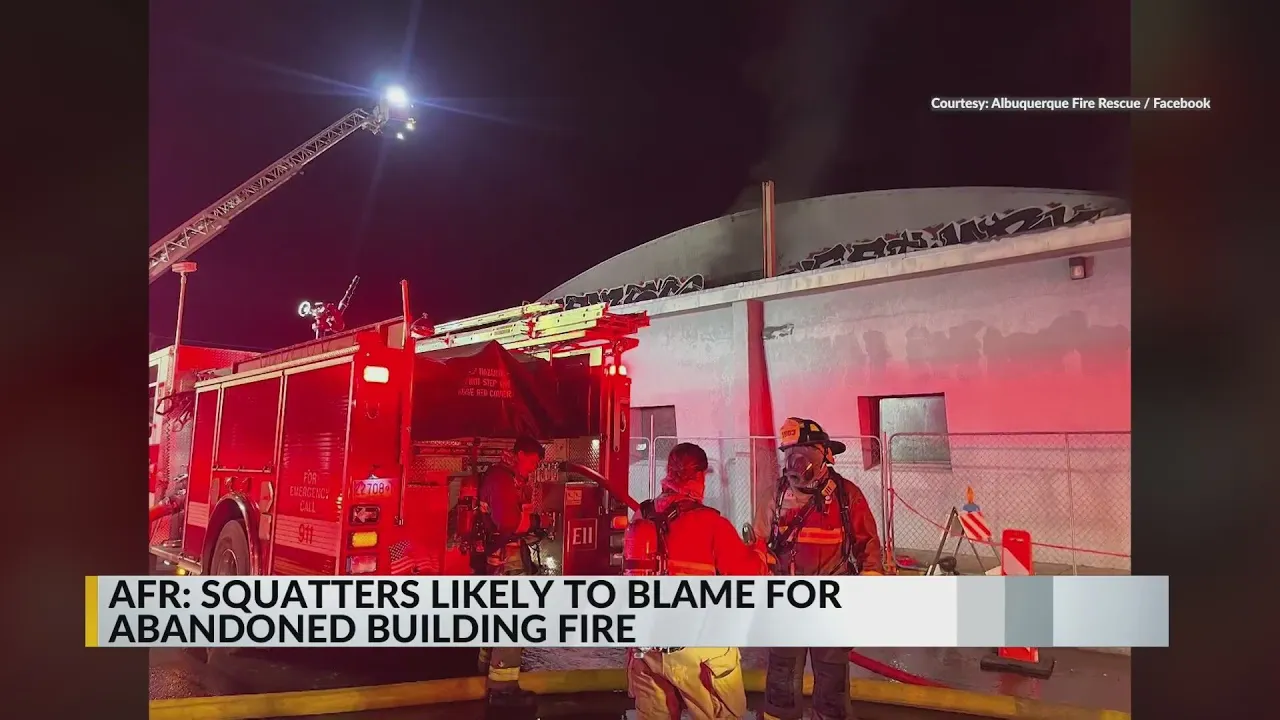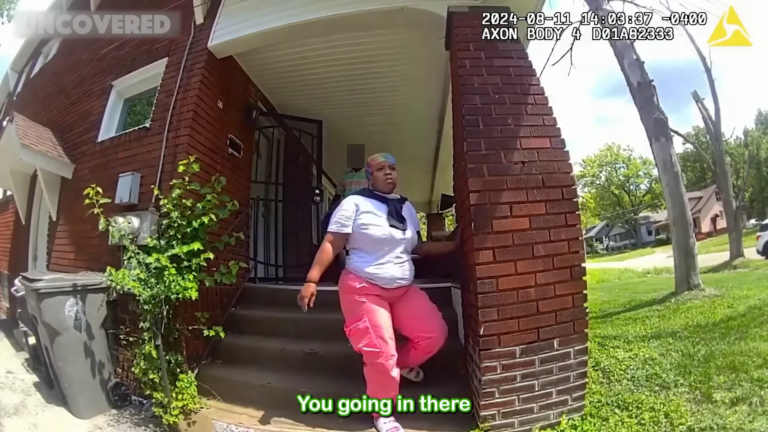Understanding the Struggles of Squatters in New York’s Housing Court Hell
The plight of squatters and homeowners in New York has reached a crisis point, with many facing severe delays in housing court that push them to the brink of bankruptcy. This blog explores the challenges faced by those caught in this system and the ongoing efforts to address these issues.
Table of Contents
Introduction to Housing Court Delays
The current housing court system in New York City is plagued by significant delays, leading to a situation many are calling “housing court hell.” For countless families, what was once a straightforward process has transformed into a prolonged nightmare. The struggles faced by both squatters and landlords are exacerbated by a backlog of cases that has spiraled out of control.
Many individuals initially anticipated a resolution in a matter of months, only to find themselves caught in a system that seems to be failing them. The consequences of these delays are severe, with some families teetering on the edge of financial ruin.

The Impact of COVID-19 on Housing Courts
The COVID-19 pandemic has had a profound effect on housing courts across the nation, but New York City has been particularly hard hit. As courts were forced to shut down or limit their operations, a backlog of cases began to accumulate. This situation has led to an average eviction process taking up to two years.
Landlords and tenants alike are feeling the strain of these delays. Many landlords, like Sandra Claxton, are struggling to maintain their properties while waiting for court decisions. The financial burden of unpaid rent, combined with the slow judicial process, creates a perfect storm for those involved.

Sandra Claxton’s Story: A Personal Account
Sandra Claxton’s experience exemplifies the frustrations many homeowners face. After years of hard work as a nurse, she purchased a home in the Bronx, only to see that dream threatened by a tenant’s failure to pay rent. Despite winning her case in housing court, Sandra is still waiting for an eviction warrant to be signed.
For over a year, she has been trapped in a limbo that leaves her responsible for all bills and utilities. This situation is not just an inconvenience; it is a significant financial strain that could lead to her losing her home. Sandra’s story is unfortunately not unique; it reflects the struggles of many homeowners dealing with similar issues.
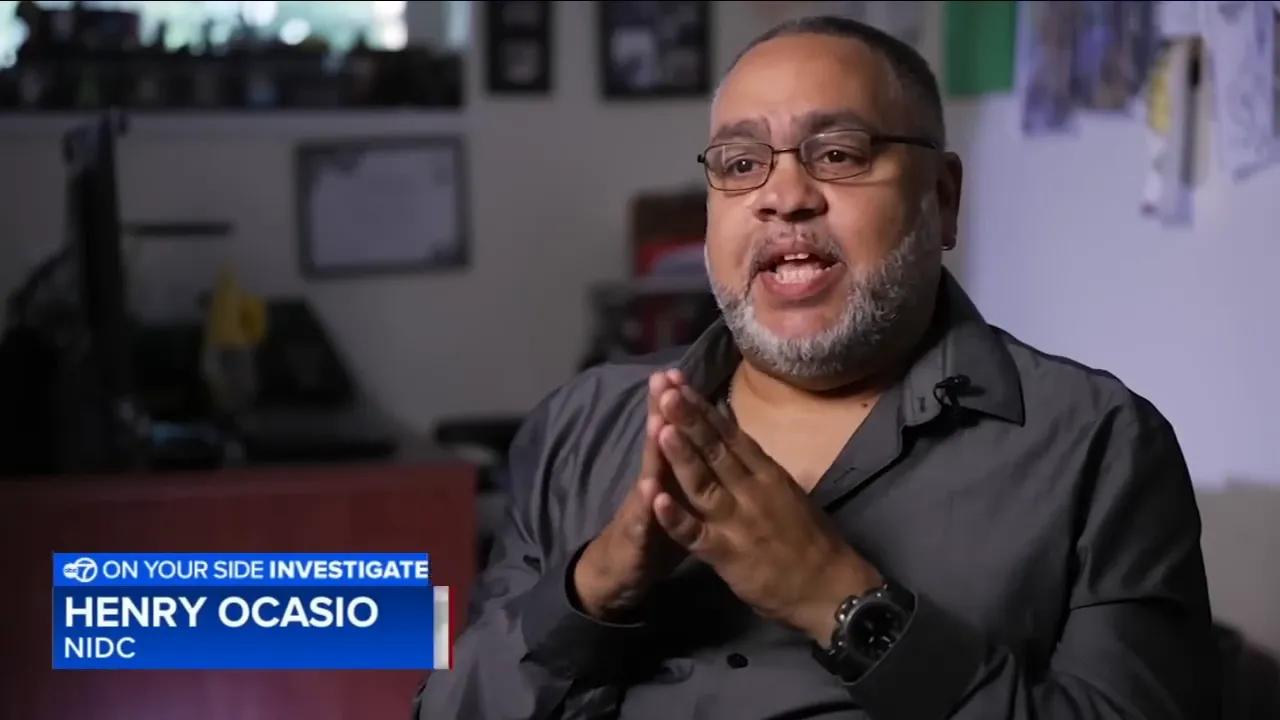
The Lengthy Eviction Process
The eviction process in New York City is notoriously lengthy, often taking years to resolve. Statistics reveal that the average eviction can take up to two years, with landlords waiting at least six months for a warrant to be executed. This sluggish pace is exacerbated by staffing shortages and a lack of resources within the court system.
Many landlords are left in a precarious position, unable to reclaim their properties despite having legal victories. This delay not only affects landlords but also perpetuates the cycle of housing insecurity for tenants who may be taking advantage of the system.
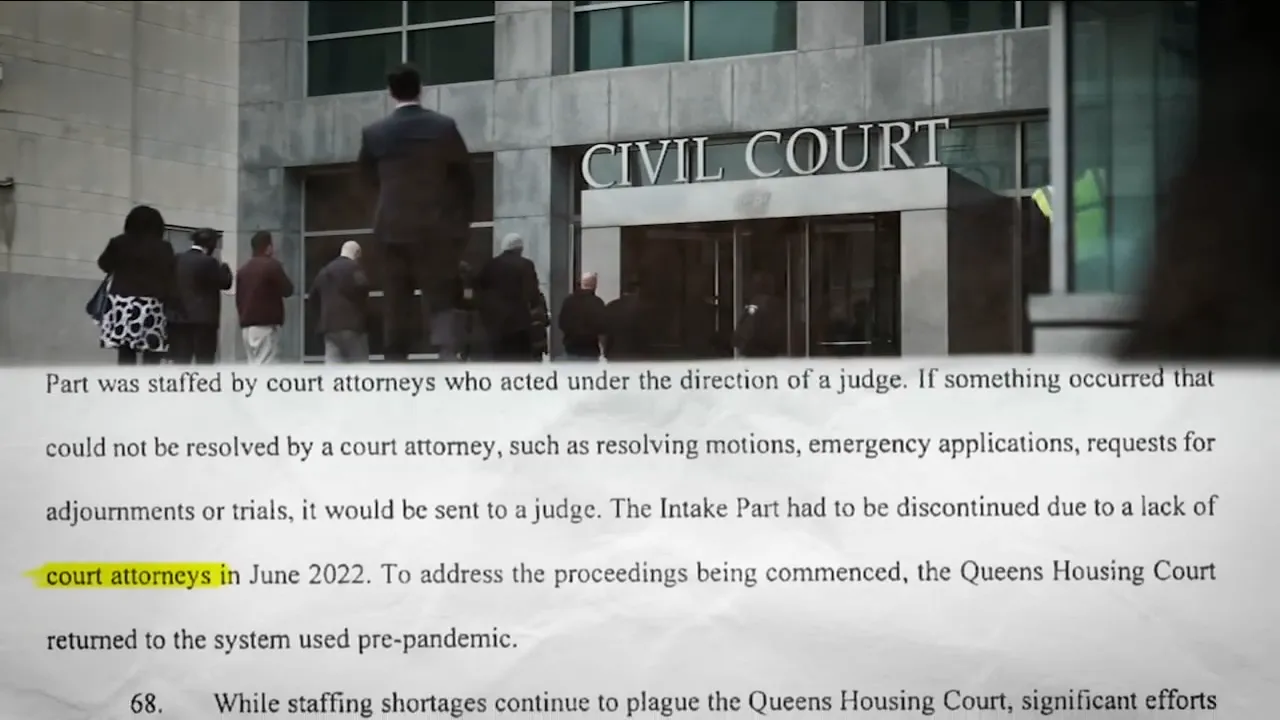
Landlords Unite: Suing for Faster Evictions
In response to the ongoing delays, some landlords have taken matters into their own hands. A group of property owners in Queens banded together to file a lawsuit against the court administrator, demanding faster eviction processes. This rare action underscores the desperation felt by many landlords who are tired of waiting.
The lawsuit highlights the systemic issues plaguing the housing court, from understaffing to an overwhelming backlog of cases. While the court administrator acknowledged the challenges, the resolution remains elusive. Landlords are calling for immediate changes to restore efficiency and fairness in the system.
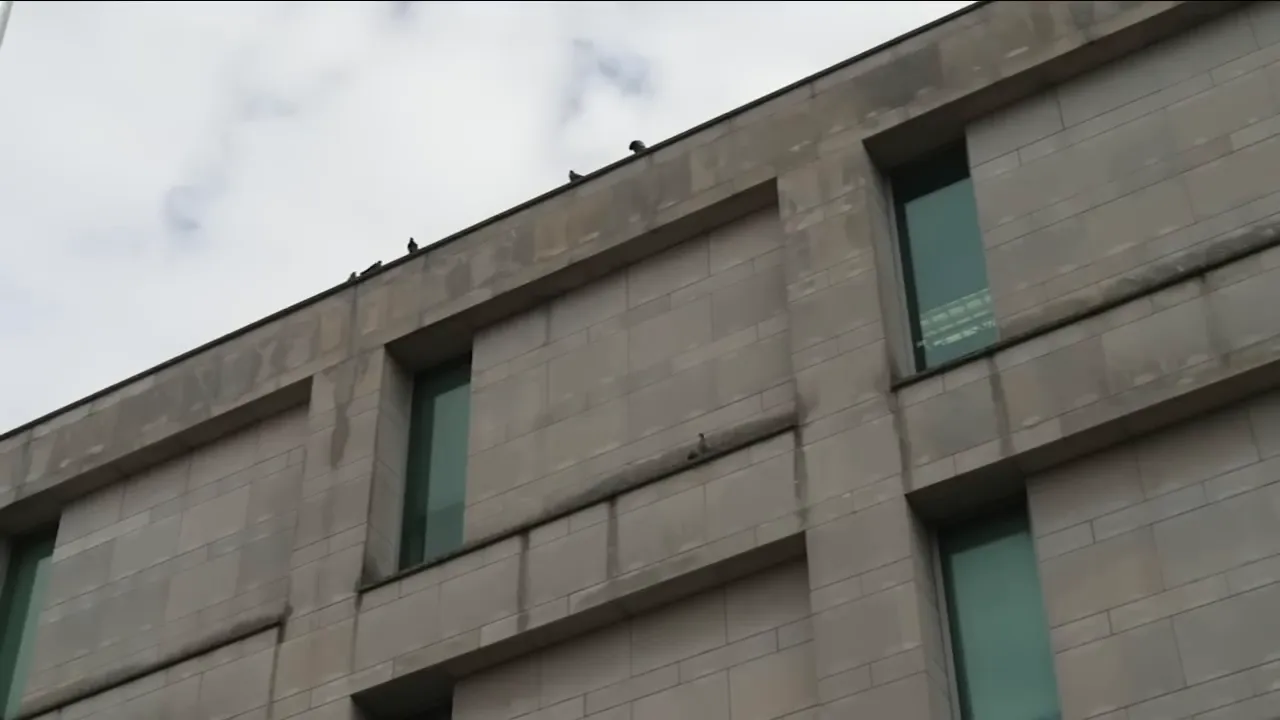
Court System Challenges: Staffing Shortages
The current staffing shortages within New York’s housing courts are a significant contributing factor to the ongoing delays. The pandemic exacerbated existing issues, leading to a critical lack of judges and court personnel. As a result, many cases are left in limbo, frustrating both landlords and squatters.
With a backlog of cases stretching back nearly two years, the courts are struggling to keep up. The shortage of qualified judges has created a bottleneck, further complicating the eviction process. As families wait for resolutions, the emotional and financial toll can be devastating.
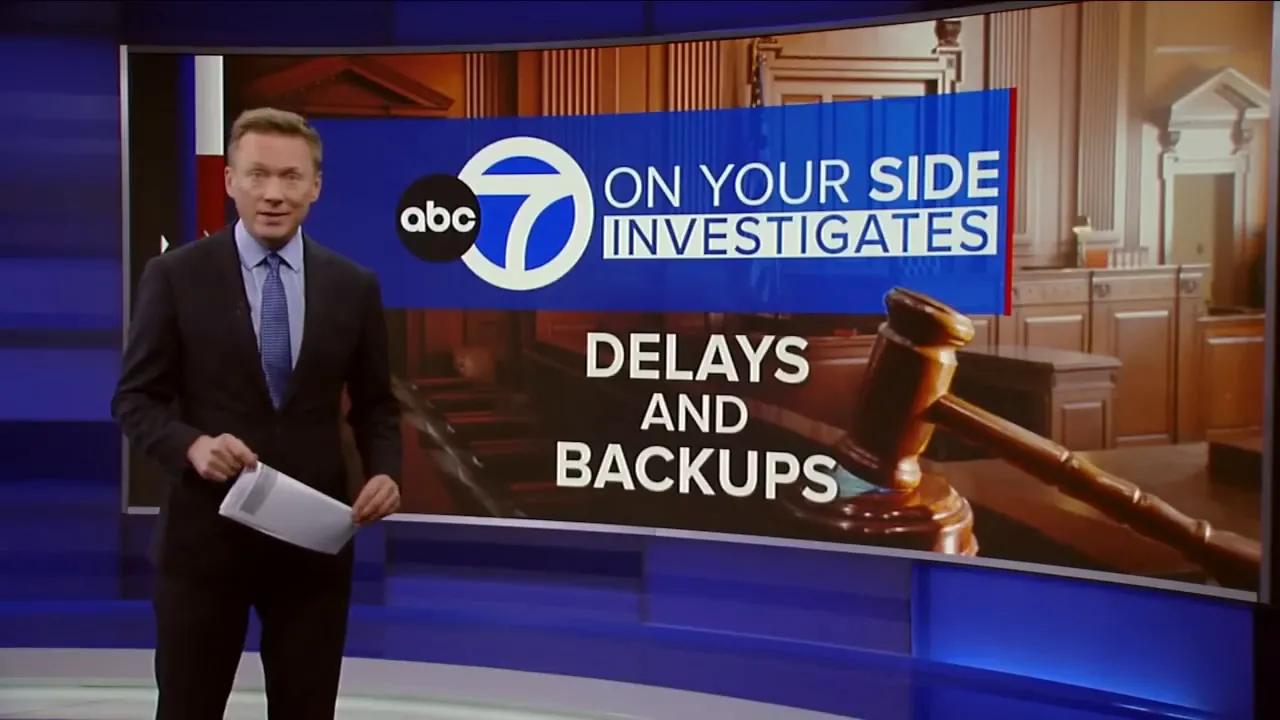
Legislative Responses to the Crisis
In response to the crisis, state legislators have begun to take action. Recently, five new housing court judges were appointed to address the overwhelming backlog. However, these measures are only a small step towards solving a much larger problem.
Legislation is being discussed to streamline the eviction process and allocate more resources to the housing courts. Advocates argue that these changes are essential to ensure justice for all parties involved, especially for squatters who may be facing eviction without proper legal representation.
The Need for Systemic Change
The ongoing issues in New York’s housing court system highlight the need for systemic change. Simply adding judges is not enough; a comprehensive overhaul of the entire process is necessary. This includes improving training for court staff, enhancing case management systems, and ensuring that resources are allocated effectively.
Additionally, there must be a focus on providing adequate legal support for squatters. Many individuals in these situations do not have the means to hire lawyers, leaving them vulnerable in a complex legal landscape. Ensuring equitable access to legal representation is crucial for a fair resolution.
The Future of Housing Court in New York
The future of housing court in New York remains uncertain. While recent legislative efforts may signal a willingness to address the crisis, the implementation of meaningful change will take time. Stakeholders, including landlords, squatters, and advocates, must continue to push for reforms that prioritize efficiency and fairness.
As the housing crisis deepens, the need for a functional court system becomes even more pressing. The focus should not only be on clearing the backlog but also on preventing future delays. This includes investing in technology and resources that can help streamline processes.
Frequently Asked Questions
- What is causing the delays in housing court?
The delays are primarily due to staffing shortages and a significant backlog of cases stemming from the COVID-19 pandemic.
- How are squatters affected by these delays?
Squatters may face prolonged uncertainty regarding their housing situation, as the eviction process can take years to resolve.
- What changes are being proposed to address these issues?
Legislative proposals include adding more judges, improving case management systems, and ensuring equitable access to legal representation.
- What can landlords do if their cases are delayed?
Landlords may band together to advocate for faster eviction processes or pursue legal action against the court system for delays.


